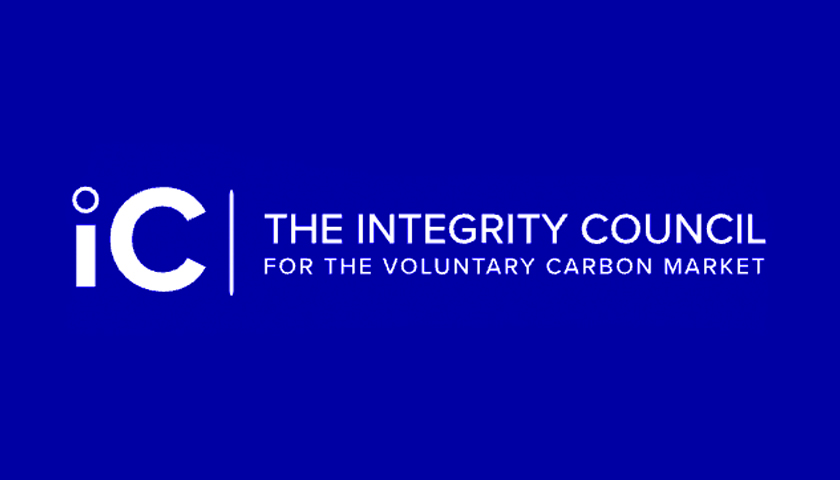The sustainable agriculture category encompasses improved agricultural practices aimed at reducing greenhouse gas (GHG) emissions and enhancing Soil Organic Carbon (SOC) removals. It includes a wide range of different practices such as reduced tillage and improved residue management, crop rotation, improved grazing activities, optimized fertilizer use, and improved water/irrigation management. Each practice varies in its impact on greenhouse gas emissions reduction and/or carbon dioxide sequestration(removal), and some methodologies may allow crediting for multiple practices.
Both sustainable agriculture methodologies were approved with accompanying conditions. CAR U.S. Soil Enrichment Protocol v1.1 was approved for labelling where the following conditions are met:
- A Project Implementation Agreement (PIA) with a minimum 40-year permanence commitment is in place, AND
- The sustainable agriculture management practices applied in a project are not rotational and/or intensive grazing
Verra (VCS) VM0042 v2.2 was approved for labelling where the following conditions are met:
- Soil Organic Carbon (SOC) content is measured using any measurement techniques allowed in the methodology except for Digital Soil Mapping (DSM) – which has not been assessed in this decision.
Approximately 1 million credits have been issued to date under CAR U.S. Soil Enrichment Protocol Version 1.1. Two projects are now registered under the methodology, expected to issue over 1 million credits annually.
As Verra (VCS) VM0042 v2.2 is a new version of the methodology, no projects have yet been registered or carbon credits issued, but all projects in the Verra Registry that are using earlier versions of the methodology – which have not been assessed – have the potential to generate 126 million ERRs annually.
Annette Nazareth, Chair of the Integrity Council for the Voluntary Carbon Market, said: “We are pleased to welcome a new category of methodologies to the growing range of carbon crediting approaches that are now aligned with the Core Carbon Principles.
Projects operating under many of the methodologies that were CCP-Approved this year are now preparing to issue large volumes of credits in 2026 and we look forward to seeing the impact of this new generation of high integrity credits.”
